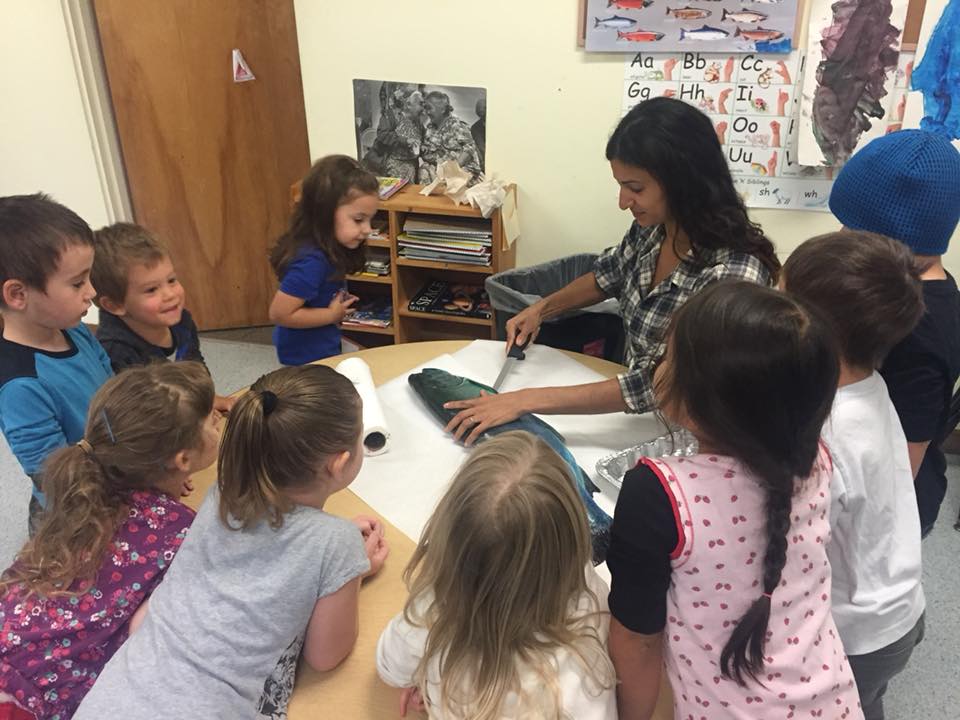
In the early years, children are learning so many things. Their brains are rapidly developing and countless cognitive connections are created. But most importantly, young children are learning how to learn and how to manage their learning. Research shows that children with higher levels of curiosity, persistence, and self-regulation, have stronger health and education outcomes. Children who approach learning tasks or new situations with these positive approaches to learning are better able to regulate their learning experiences, and more quickly acquire general knowledge and cognitive skills.
Approaches to learning emphasizes how children learn. This includes:
- Initiative and curiosity
- Cognitive Self-regulation (executive functioning)
- Emotional and behavioral self-regulation
- Creativity and Imagination
- Learning through Play and Exploration
Supporting children’s skills in this Domain helps children acquire knowledge, learn new skills, and set and achieve goals. They learn to successfully navigate learning experiences that are challenging, frustrating, or simply time consuming. How a child engages in learning influences development in all Domains and directly contributes to success in school and life.
Every child brings natural strengths to the domain of learning. These may include:
- Rich cultural diversity,
- Families’ traditions and habits,
- Children’s attitudes and behaviors,
- Individual talents and abilities.